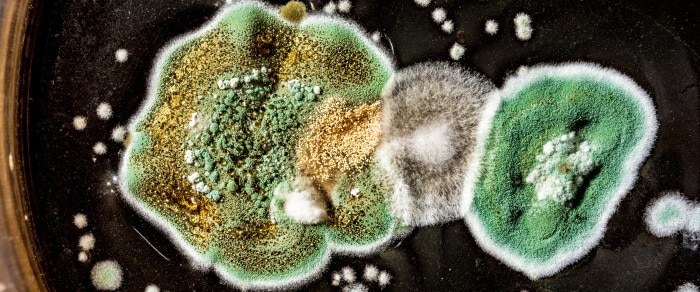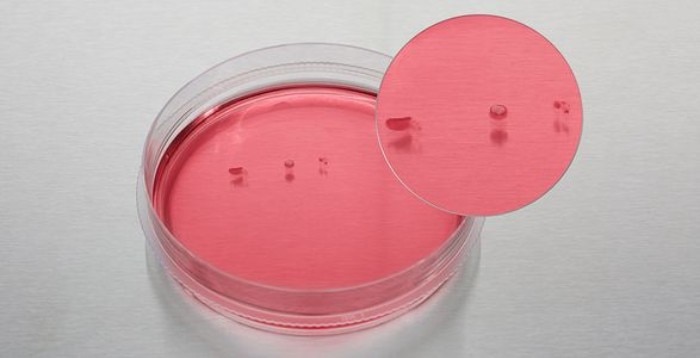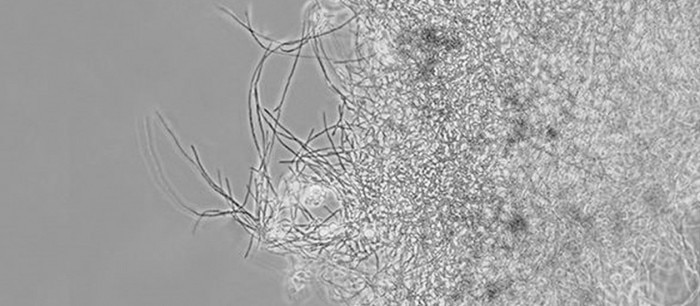MENU
SE | SEK
-
-
-
- Forum Labo 2025
- Advanced Therapies Week (ATW) 2025
- SLAS Europe 2025
- Medlab Middle East 2025
- Biologics World Nordics 2025
- Bioprocessing Summit Europe 2025
- BioProcess International Europe 2025
- ASIA LABEX: The Lab Show 2025
- SLAS International 2025
- ISEV 2025
- Future Labs Live 2025
- DataHow Symposium 2025
- Cell 2025
-
-
-
- Forum Labo 2025
- Advanced Therapies Week (ATW) 2025
- SLAS Europe 2025
- Medlab Middle East 2025
- Biologics World Nordics 2025
- Bioprocessing Summit Europe 2025
- BioProcess International Europe 2025
- ASIA LABEX: The Lab Show 2025
- SLAS International 2025
- ISEV 2025
- Future Labs Live 2025
- DataHow Symposium 2025
- Cell 2025
SE | SEK
-
- Benchtop Centrifuges
- Floor-Standing Centrifuges
- Refrigerated Centrifuges
- Microcentrifuges
- Multipurpose Centrifuges
- High-Speed Centrifuges
- Ultracentrifuges
- Concentrator
- IVD Products
- High-Speed and Ultracentrifuge Consumables
- Centrifuge Tubes
- Centrifuge Plates
- Device Management Software
- Sample and Information Management
No results found
Search Suggestions

How to identify fungal contamination in your cell culture
Lab Academy
- Cell Biology
- Cell Culture
- Contamination
- CO2 Incubators
- Cell Culture Consumables
- Essay
Macroscopic detection
Fungi and mold can appear as small isolated colonies of grey, white or greenish color, floating at the surface of the medium. It is important to inspect the culture vessel with the naked eye and look for colonies which rest on the medium surface and will be missed during microscopic inspection. If the contamination is substantial, the medium will become turbid and cloudy, and spots on the vessel surface may appear. Sometimes fungal contaminations will cause a pH increase of the medium, resulting in phenol-red containing media to appear pink.Read more
Read less

Fungal colonies floating on the medium surface.
Microscopic detection
It is usually the fungal spores which get into a culture vessel and then begin to sprout and form the typical fiber like hyphae. Fungi growing on the bottom of the dish/flask are more easily detected in the microscope than those floating on the surface.Read more
Read less

Related links
Read more
Read less

